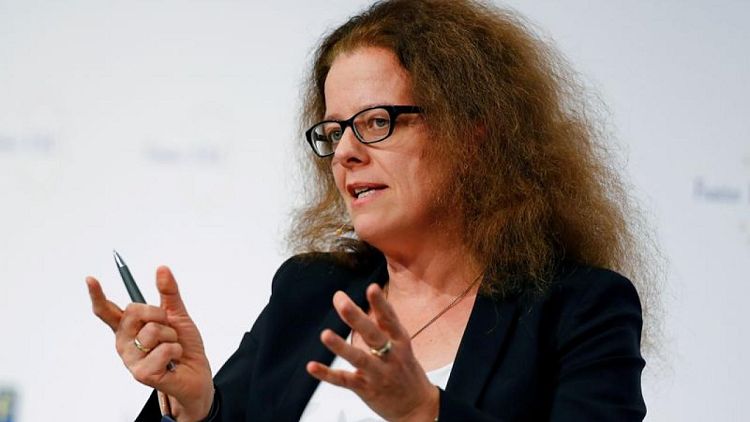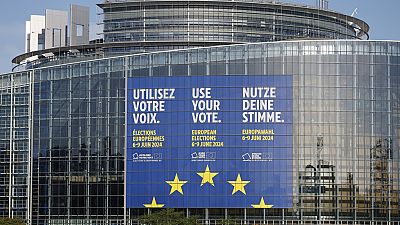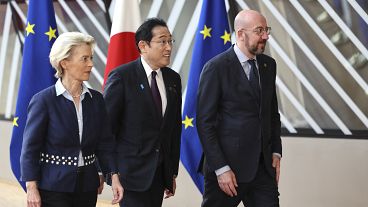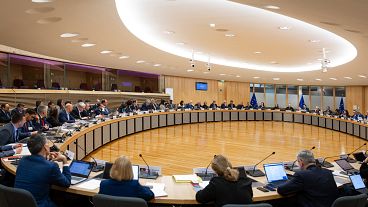FRANKFURT -The volume of the European Central Bank's bond purchases is becoming "less important" as the economic outlook improves and the money-printing scheme becomes a tool for guiding rate expectations, ECB board member Isabel Schnabel said on Monday.
Schnabel, who also welcomed the recent spike in inflation, was likely to be seen as setting the scene for a further reduction in the pace of bond buying as the euro zone's economy recovers from a pandemic-induced slump and inflation expectations rise.
The ECB cut the pace of its Pandemic Emergency Purchase Programme (PEPP) this month and is expected to end it in March. It is also running a smaller, older Asset Purchase Programme (APP), which it plans to end "shortly before" raising interest rates.
"As the inflation outlook brightens, it becomes less important how much a central bank buys or when a reduction in the pace of net asset purchases starts, but rather when such purchases end," Schnabel told a Latvian conference.
"It is the end date which signals that the conditions for an increase in policy rates are getting closer. The precise sequencing and timing will, of course, require careful guidance when the time has come."
ECB board members used a similar narrative in 2018 https://www.ecb.europa.eu/press/key/date/2018/html/ecb.sp180223.en.html as they prepared to stop APP for the first time.
The ECB is set to make a decision on PEPP and APP in December and Schnabel said the path ahead was still uncertain and it would be a mistake to tighten monetary policy too soon.
Investors expect APP to be increased from April to make up for part of the missing PEPP volumes.
"Given the remaining uncertainty regarding the pandemic and the economic and inflation outlook, our asset purchases – both under the PEPP and the APP – will remain crucial in the time to come, paving the way out of the pandemic and towards reaching our inflation target," Schnabel said.
She was echoed by Latvian governor Martins Kazaks, who said at the same event the ECB would provide "support to the economy" even after PEPP.
Prices in the euro zone rose by 3% month on month in August, pushed up by energy costs but also by industrial goods made more expensive by supply bottlenecks.
Schnabel said the ECB was happy to see "upside chances" to inflation after this had undershot its 2% target for so long.
"What we are seeing are some upside chances to the inflation outlook," Schnabel said during a panel discussion. "Given that inflation has been so low for so long, I think we have to be happy that inflation is moving up in the desired direction."
The ECB expects inflation to come in at 2.2% this year before easing back to 1.7% in 2022 and 1.5% in 2023.



